What to do When you Find Out an LDS Friend is Gay
Perhaps one of the most difficult trials in life is when you find out a friend or family member is struggling with their own identity. Many members of the Church of Jesus Christ of Latter-Day Saints understand the hardship and sensitivity that occurs when they realize that someone close to them is struggling with same gender attraction.
Finding out such a drastic life detail can be frightening and stressful for both parties involved. Many questions often run through the mind such as:
- What should I do? Do I hug them or shun them?
- How can I help them?
- What am I supposed to say?
- How am I supposed to react?
These are just a few of the worries that Church Members may encounter while dealing with this type of situation.
Well, I personally have dealt with the multiple friends and family members–all who are Latter-Day Saints–who struggle with homosexuality in one way or another. Additionally, I’ve interviewed a few anonymous Church members who have dealt with same sex attraction or have a family member who has.
This article will help you to:
- Better understand exactly what same sex attraction is.
- Clearly see the LDS Church’s view on homosexuality.
- Understand God’s principles on love and compassion in this situation.
- Know how to react if you find out someone is gay.
- Know how to love and support them in the long run.
- And find resources for both family members and those experiencing homosexuality.
What is Same Sex Attraction?

Same sex attraction—also known as homosexuality or being gay—is when a person or persons is emotionally and sexually attracted to the same gender as themselves (man with man and woman with woman). This also, but not always, means that this person or persons is not attracted to the opposite gender.
Isn’t this just a cultural phenomenon?
Not necessarily. Historically, the expression of homosexual tendencies and feelings can be traced back as far as ancient Greek and Roman time periods. It is believed by some historians that homosexuality as a concept did not exist in these cultures. Instead, “Men were assumed to be attracted to both males and females, and to express a preference for just one sex was considered eccentric,” says reporter Andrew Potts.
Latter-Day Saints and other Christian denominations often site the bible as a source when arguing against homosexuality. The word sodomy is derived from the Sodom of the bible—which is now defined in the Oxford English Dictionary as “an extremely wicked or corrupt place.” Historically, the destruction of the ancient scriptural cities Sodom and Gomorrah’s is attributed to the homosexual activities of some citizens living there.
Therefore, even in Christian theology, homosexuality is traceable to the ancient times of the scriptures.
However, homosexuality manages to still play a role in more recent history as well. According to Milt Ford, Professor of Liberal Arts, “Homosexuals quickly became the target of medical, psychiatric, and legal intervention, and as early as the 1870.” Additionally, those who were found practicing homosexual tendencies in German controlled areas during World War II were sent to die in concentration camps, and thousands of homosexuals in the United States were dishonorably discharged from the American armed services.
Homosexuality appears to have always existed as long as there has been thriving social groups and civilizations, but homosexuality has always caused cultural fear among religious and conservative parties.
Those who have struggled with homosexual tendencies have long been reluctant to express their feelings or ask for help for fear of discrimination and judgment. In many cases they may fear for their physical and emotional well being.
But with the development of our modern political system and a comparatively free environment to speak out, more and more homosexuals are coming out publicly. Therefore, the cultural phenomenon isn’t necessarily frequency of homosexuality occurring, but is perhaps a political phenomenon where the homosexual community feels safe—or at least comparatively safer—in coming out.
Due to this continually growing hot topic Latter-Day Saints who struggle with same-gender attraction are more willing to go to Church leadership or to counseling and seek help.
Don’t people make a choice to be gay?
Again, not necessarily. According to one anonymous Latter-Day Saint who has dealt with same sex attraction, “From what I’ve heard, most people who are LDS and experience same sex attraction, the same sex attraction doesn’t ever go away.” It may be easy as a practicing heterosexual and member of the Latter-Day Saint faith to simply say something like “snap out of it,” but the issue of homosexuality isn’t always so cut and dry for those who struggle with same-gender attraction.
As Latter-Day Saints we like to categorize moral issues as purely black and white. In many cases this practice works just fine and can help benefit our spiritual lives. However, all mortals on this earth have their own temptations and trails—many of which are built right into their genetic disposition.
A 1993 study concerning homosexuality and genetics showed a link between homosexual behavior and genetic tendencies. The study looked at 144 families of homosexual men. It appeared that uncles and cousins of the men had a higher tendency of being homosexual and linked those tendencies to a specific gene.
However, this does not mean that those who struggle with same sex attraction were “born that way.” Just as someone may be more genetically predisposed to alcohol or drug addiction, someone else may be genetically predisposed to homosexuality. Many different elements could be contributing triggers for someone experiencing same-sex attraction, including things such as lack of parental affection or lack of non-sexual physical touch.
Our sexual makeup is malleable and changeable. However, this doesn’t mean that someone experiencing same-gender attraction can just turn their desires on and off like a switch. For many people they will always experience same-gender attraction. Others may learn to adapt or change.
Each individual case is different and should be treated differently.
Does being gay mean you are perverted in some way?
People who experience same-sex attraction are no more sinful or perverted than a normal and healthy heterosexual person. That isn’t to say there aren’t people out there who commit sinful acts and crimes, but no more than perhaps a heterosexual person.
There have been a few books out on the market by Latter-Day Saint authors that may give a false impression about homosexuality. These types of references have often caused fear among Latter-day Saints concerning homosexuality. We have culturally created this foreboding monster where there is none. Those with struggles with same-gender attraction are not so different from other
There is no scientifically proven link between homosexuality and rape, homosexuality and molestation, or homosexuality and any other illegal or otherwise perverse activity of that nature.
Those who are struggling with homosexuality—whether they choose to live the homosexual lifestyle or not—deserve our love, friendship, and respect like any other of our brothers and sisters on this earth.
What is the Church’s Stance on Homosexuality?
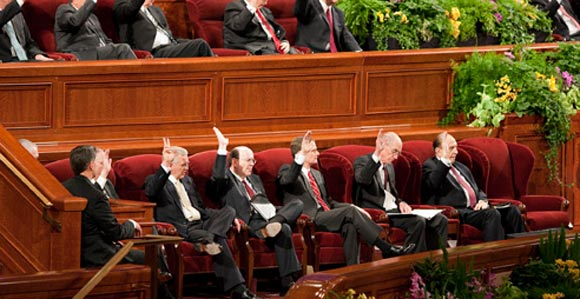
Culturally, The Church of Jesus Christ of Latter-Day Saint’s stance on homosexuality might seem pretty cut and dry: Homosexuality is wrong and therefore should not be allowed in any way shape or form.
However, one of the Church’s newest websites, Mormons and Gays.org, it is apparent that this is an issue that requires more sensitivity than the blanket right and wrong standpoint.
But don’t we have the law of chastity?
As most Church members know, the law of chastity is a moral code concerning sexual conduct. At its very simplest terms the law of chastity “means not having any sexual relations before marriage. It also means complete fidelity to husband or wife during marriage.”
That as a doctrine is very clear and straight forward. Latter-Day Saints believe that God gave a commandment to multiply and replenish the earth—basically to have children—and this can only be done by a husband and wife who are committed to each other and committed to raising those children in righteousness.
This leaves no room for homosexuality in Church doctrine in any way.
However, the law does not keep people from experiencing same-sex attraction and feelings of homosexuality nor will it ever do so.
There are many Church members who experience these feelings and emotions. But contrary to what some might believe this does not mean they are breaking the law of chastity. The only way they do that is if they engage in homosexual behavior or are viewing homosexual pornography.
What does it mean for homosexual church members?
Struggling with feelings of same-gender attraction doesn’t make these members of the Church any less worthy than anyone else. As we just mentioned, they aren’t breaking the law of chastity in any way.
However, it can be a very difficult and frightening thing for these members. Many of them may never marry and have little desire to. The
Can homosexual church members still be fully worthy and participating members?
*The answer to this is yes. On mormonsandgays.org they say that as long as someone who is homosexual isn’t practicing that they can still fully participate in church services and hold a temple recommend.
What are God’s Principles on Love and Acceptance?
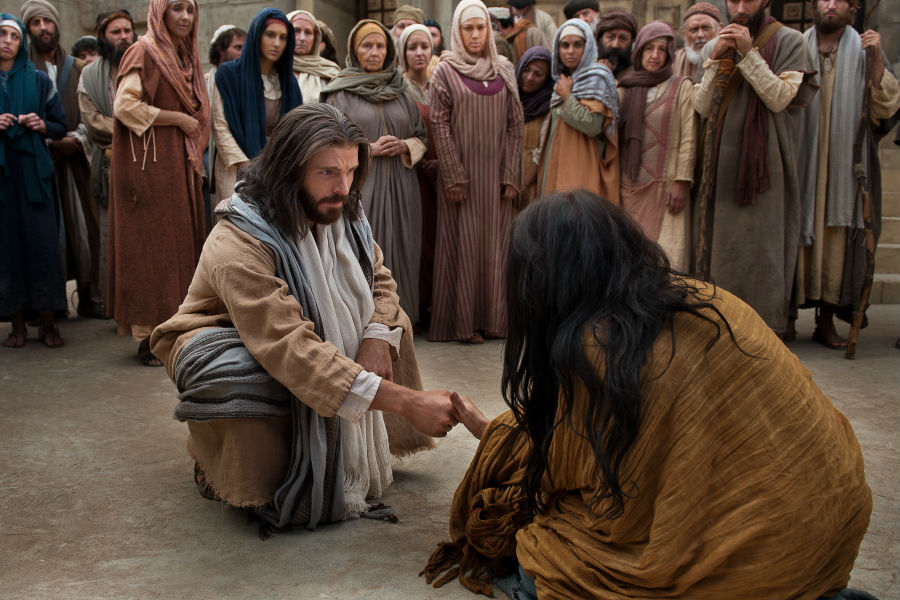
Agency: Those who struggle with homosexual feelings have the right to their agency. They should be allowed to choose how they deal with their struggles, even if it means they choose to be actively gay.
Long-suffering: We as members of the Church should uphold the greatest example of long-suffering, tolerance, and acceptance.
Hope: Having hope in Christ can ease the burden for families. Have hope that Christ will help them, but more importantly have hope and confidence in them and their choices.
Love : Loving them is key.
Charity : Try understanding their point of view, their struggles. Trying to preach to them or reprimand them is often more of a hindrance than a bonus.
How Should I React When I Find Out Someone is Gay?

How some have reacted : In my personal experience I’ve seen some pretty harsh and inappropriate reactions. One unnamed family member came out as struggling with homosexuality and was automatically shunned in the family. The parents told this person to “just snap out of it” and “choose to not be gay.” Unfortunately it isn’t that simple. Additionally, this person tried to go to therapy. Their parents than said “No one wants to hear about your problems, not even a therapist.”
Another family member came out years later. This person’s parents asked if he/she was possessed. They tried to use Priesthood Authority to “cast out the evil spirit”
In other cases, inside and outside the Church, homosexuals who come out to religous family experience domestic violence: http://www.cdc.gov/lgbthealth/youth.htm
Other homosexuals have been kicked out of their homes. Teenage homosexuals who have been kicked out are highly prone to become victims of sexual violence: http://www.huffingtonpost.com/2014/10/23/youth-homelessness-raped-assaulted_n_6031212.html?cps=gravity
http://en.wikipedia.org/wiki/Suicide_among_LGBT_youth
Often husbands or wives will come out as gay as well, it isn’t just teens. http://www.clpearson.com/ Carol Lynn Pearson shares her experience on having a homosexual husband.
He we should react. We need to react with the elements of Christ’s teachings in mind. When we first find out we need to take a quick moment to step back, out of ourselves, and see the situation as a larger whole. Love the person and tell them you are here to help and support them.
How do I Best Love and Support Them in the Long Run?
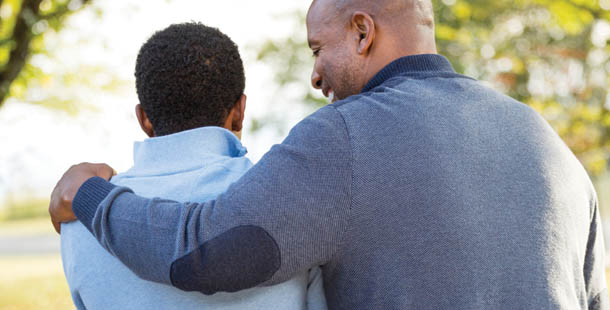
What if they don’t want to be helped? allow them their space to grow first.
Ask them what they need first.
Shouldn’t I try to change them or fix them? NO! They are not a problem to be fixed. There is nothing wrong with them. They are simply having a struggle like all the rest of us having struggles.
What if they want to practice a homosexual life style? : Respect their choice no matter what it is. There are some cases of homosexuality that staying a member of the church actually destroys their life more. They struggle with depression, and rejection. Some even commit suicide.
What is the best way to show that I still love them even if I don’t agree with their lifestyle? : Remember, a truly Christlike person accepts them as they are and loves them. Don’t bring up their lifestyle in a negative way. Don’t tell them they are sinning and going to hell. These methods are not good forms of communication and rarely work out well.
How do I learn to accept these new changes? Through patience, scripture study, and prayer you can find peace for where your loved one is at.
What are Some Resources for Families with a Gay Loved One?
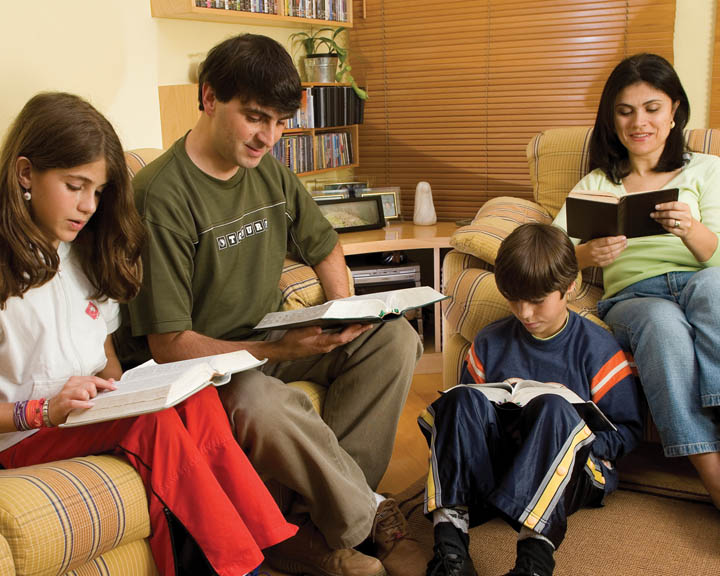
Support groups, talking about it, etc.
http://www.sltrib.com/sltrib/news/57344806-78/north-star-evergreen-gay.html.csp
http://familyproject.sfsu.edu/files/FAP_English%20Booklet_pst.pdf
http://familyproject.sfsu.edu/publications
What are Some Resources for Members Struggling with Same Sex Attraction?
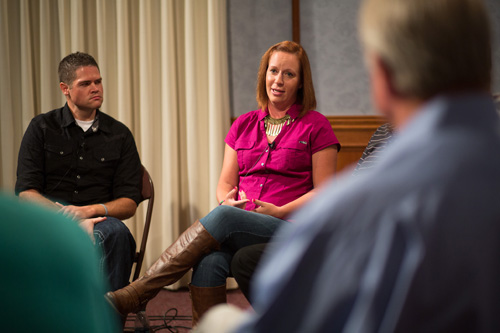
Some areas have local support groups. Northstar is one such gay support group for religious men.


